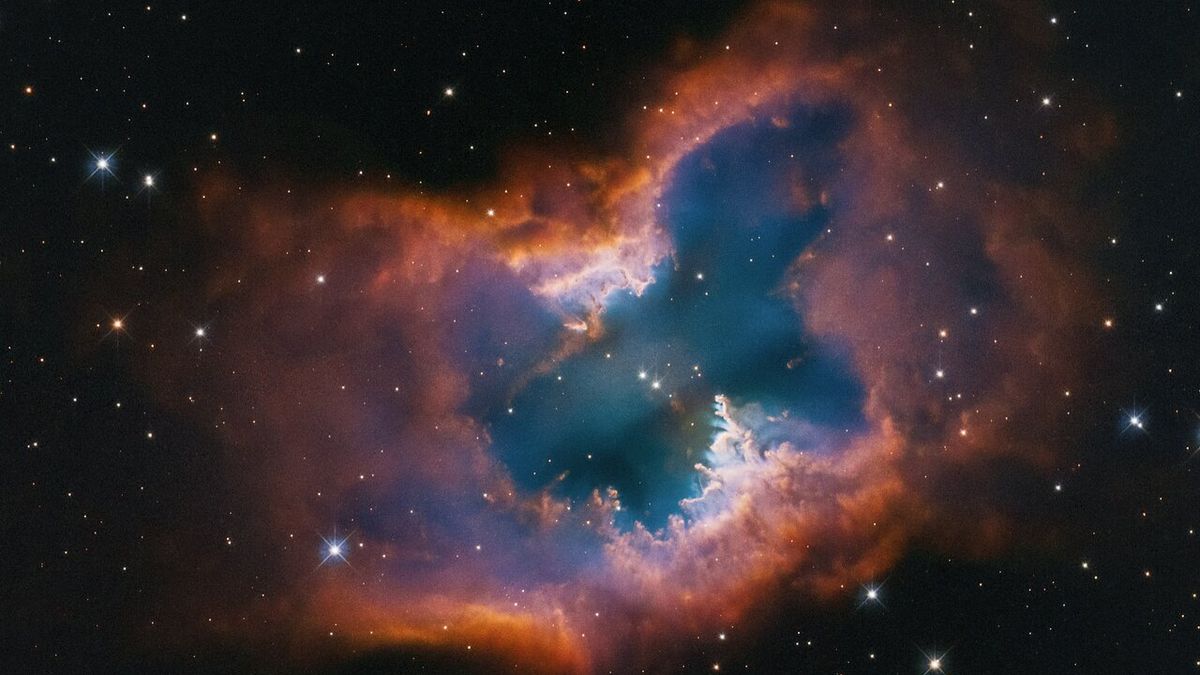Last week, reports started making rounds online about how the Trump administration could cut NASA's science budget for the upcoming fiscal year by almost half. Such a decision could lead to the closure of Goddard Space Flight Center, the cancellation of highly anticipated missions like Mars Sample Return (MSR), and perhaps even interference with active spacecraft like the Voyagers.
Those reports, based on government "passback documents," led many scientists to express their apprehension. "We would see, in this case, the majority of active science missions and in-development science missions completely wiped out," Casey Dreier, Chief of Space Policy at The Planetary Society, told Space.com shortly after the news began circulating.
Now, bipartisan U.S. Congressional Planetary Science Caucus co-chairs — Rep. Judy Chu (D-California) and Rep. Don Bacon (R-Nebraska) — have chimed into the conversation: "We are extremely alarmed by reports of a preliminary White House budget that proposes cutting NASA Science funding by almost half and terminating dozens of programs already well underway, like the Mars Sample Return mission and the Roman Space Telescope," they jointly wrote in a statement.
"I am horrified by the reports that the Trump White House wants to defund the MSR mission entirely," Rep. Chu, whose district includes NASA's Jet Propulsion Laboratory, said in the statement.
NASA's Perseverance rover has been roaming Mars since 2021, collecting rock samples meant to be brought to Earth for further analysis. MSR has already faced many budget setbacks, but scientists continue to stress the importance of this mission for both scientific reasons and, as Rep. Chu notes as well, because of the investment already put into Perseverance's sample collection.
In the statement, the co-chairs also said that slashing NASA funding could jeopardize the U.S.'s goal of being the first nation to return humans to the moon in over 50 years as well as its "national security and defense capabilities," which has become a key facet of space science as countries such as Russia and China work to ramp up their own off-Earth military capabilities.
"Together, we must maintain America's preeminence in space," they say.








 English (US) ·
English (US) ·